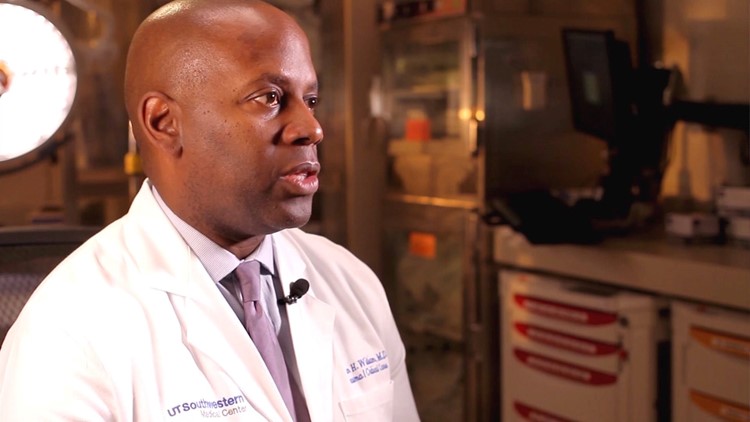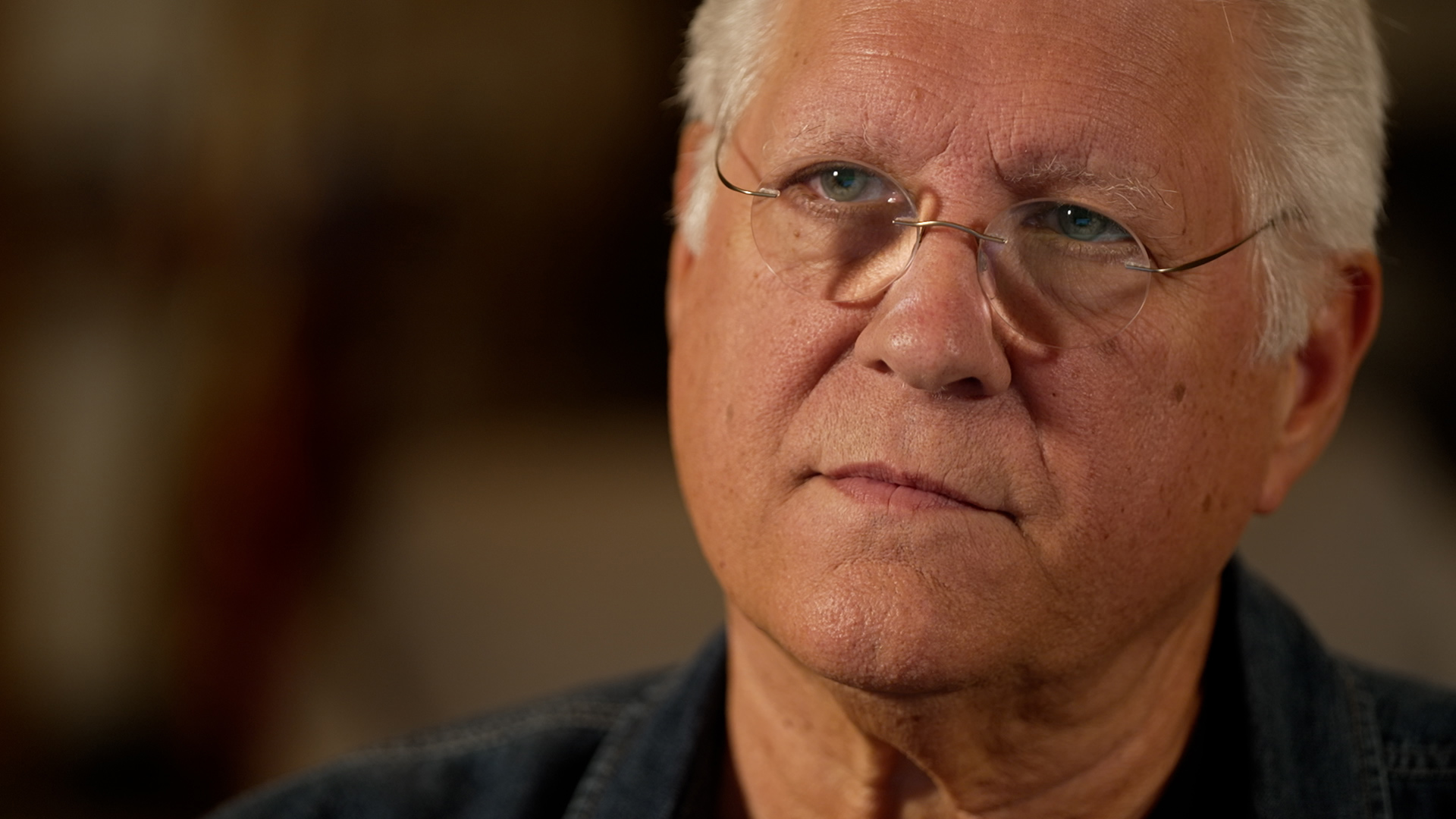DALLAS — He could be one of the most recognizable trauma surgeons in the country, a distinction born out of tragedy after a night that change him and the city of Dallas forever.
He was on duty the night five police officers were killed in an ambush in downtown Dallas.
It is because of his unique perspective at the intersection of race, violence and medicine that Dr. Brian Williams argues the country needs a new approach to stem gun violence, an approach that focuses on issues upstream in the community.
“So, you know, 24 hours after we finish recording this podcast, 50% of the firearm homicides in the United States will be young Black men,” Williams said on Y’all-itics.
To listen to the full conversation on this week's episode of Y'all-itics, subscribe wherever you get your podcasts: Apple Podcasts | Google Play | Spotify | Stitcher | Amazon Music
(Story continues below.)
Williams has also worked in Atlanta and Chicago, large urban areas familiar with gun violence. He said the firearms deaths he’s seen in those cities and Dallas have been predominately young, Black males.
“So that’s what I’m seeing day-to-day and for me as a Black doctor, I feel a certain connection with the victims and their families,” he said. “That really motivates me to get up out of my bed every day to continue the work I do despite the incessant tragedies.”
It is that experience that led him on this journey to speak out and become what some might call an "activist surgeon."
“I’m not here to eliminate gun ownership,” he stressed on Y’all-itics. “But the violence that comes with firearms, that is something I’m working to eliminate.”
One of Dr. Williams’ favorite quotes is that society is just fixing holes that bullets are creating, we’re not preventing anything.
That’s part of the reason he argues it’s a public health problem. Williams said our focus and effort should be identifying what makes a community violence-prone and dealing with the host of medical, economic and housing disparities that lead to violence in the first place.
“If you take the ZIP code around Dallas or in Chicago and look for, okay, what are the healthcare disparities in this area? You’ll probably find late stage cancer diagnosis, uncontrolled diabetes, uncontrolled hypertension,” he argued. “Okay, where’s the violence occurring? Oh, the gun violence is occurring in the exact same ZIP codes.”
Dr. Williams said part of the solution must be convincing public officials to enact policies that address these real issues inside communities.
He argued mitigating gun violence cannot be achieved with the same public health approach used for other campaigns designed to prevent deaths, such as seat belt laws or requiring helmets on motorcycles.
Dr. Williams said those are binary decisions people make: will I buckle, yes or no.
But gun violence entails many other issues that must be taken into account, such as the constitutional right to own a gun and the identity baked into gun ownership.
He said you even have to consider the fact that there are many different types of gun violence, from suicide to partner violence to mass shootings.
“And each of those will require a different sort of approach to get to the root cause of what’s leading to that sort of violence.”
As for the infamous evening that led to much of this clarity, Dr. Williams was the trauma surgeon on duty at Parkland Hospital in Dallas the night of the police ambush on July 7, 2016. Five officers died that night and several others were wounded. The shooter was killed during a standoff.
“What happened after that event was I really had to think about what my role was as a doctor in the hospital, what my role was in society and health, contributing to making this world a better place. And I had some conflicting emotions about policing and systemic racism that were kind of, they’re definitely mixed up with that event.”
His role changed as a dad as well after that event. Dr. Williams said he became conscious of trying to model his behavior for his daughter.
That includes often picking up the tab for police officers who may be dining in the same restaurant as them.
“As my daughter got older and started watching me, I really thought you know, she should see me interact positively with law enforcement, because I did not have this sort of trust,” he said. “So, I wouldn’t have her watch me pick up the tabs. I would introduce her to police officers whenever I could, just so she could see the uniform and know it’s a safe place to go.”



